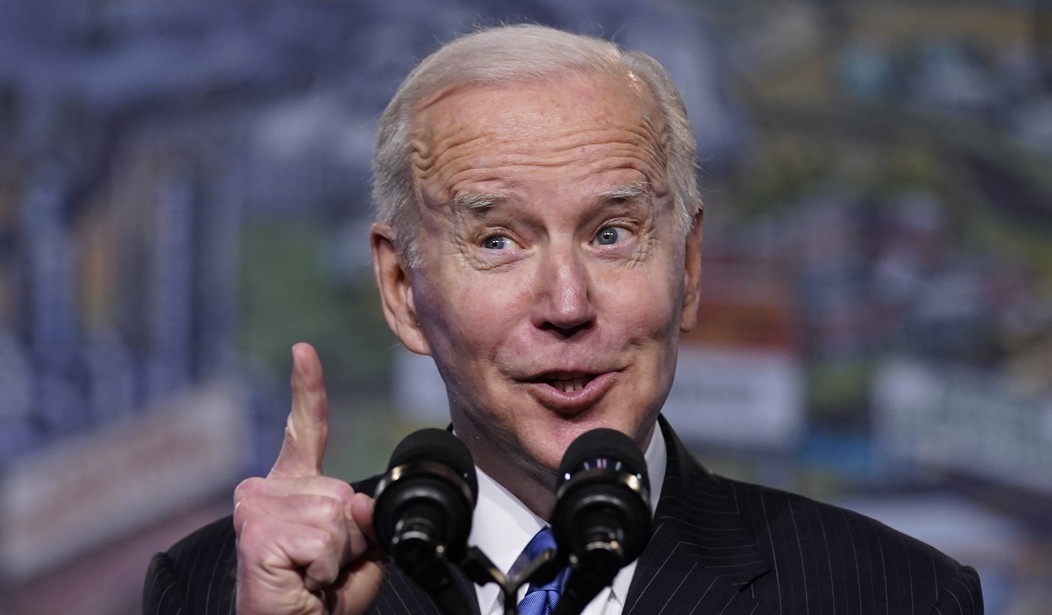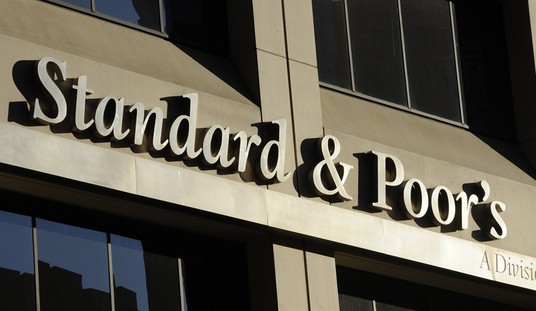Gadzooks. It was just 16 days ago that Joe Manchin announced that he and Schumer had reached a secret deal to revive Build Back Better in the guise of the so-called “Inflation Reduction Act.” Normally it takes months for Congress to act on legislation. They’ve spent a year working on reforming the statute that nearly led to a coup on January 6 and they’re still not ready to vote on it yet, for cripes sake.
But they got this sucker done in 16 days. That’s how eager all sides of the Democratic coalition were for a big win shortly before the midterms, with the sand in the hourglass for their House majority beginning to run out. I think the “back from the dead” element of the secret deal probably helped convince wary House Dems in the center and on the left to suck it up and ram the bill through. They had assumed all hope of passing something in the BBB vein was lost. When Manchin suddenly gave them a new lease on life, they seized it with both hands.
Even mavericky Mainer Jared Golden bit the bullet and voted yes.
“The motion is adopted” pic.twitter.com/3GRuIUl7lt
— Acyn (@Acyn) August 12, 2022
It’s been a Manchin vs. Sinema vs. Schumer vs. House centrists vs. House progressives vs. Biden free-for-all over this bill for the better part of a year — and in the end they all hung together. Never underestimate Pelosi.
Will the bill slow climate change? Long-term, maybe. A little. Will it reduce the deficit? Not meaningfully, no. Will it boost GDP? Again, not much. Will it reduce inflation? Quite possibly not.
But a win is a win is a win!
Douglas Holtz-Eakin, who was a top economic adviser to President George W. Bush and later a director of the CBO, noted that the lower deficits won’t kick in until five years from now and won’t be very large over the next decade considering the size of the economy.
“$30 billion a year in a $21 trillion economy isn’t going to move the needle,” Holtz-Eakin said, referring to the estimated amount of deficit reduction spread over 10 years…
In addition, Kent Smetters, director of the Penn Wharton Budget Model, said the bill’s health care subsidies could send inflation up. The legislation would spend $70 billion over a decade to extend tax credits to help 13 million Americans pay for health insurance under the Affordable Care Act.
Those subsidies would free up money for recipients to spend elsewhere, potentially increasing inflation, although Smetters said he thought the effect would likely be very small.
Joe Biden and his party will spend the next three months attributing every last positive development in the United States to passage of the new BBB. If inflation does — coincidentally — decline between now and November, that could work out nicely for them. If it doesn’t, duck and cover.
Today Philip Klein imagined the best-case scenario for Dems and found himself wondering how Republicans would cope with it. If inflation cools before Election Day, what will a party that no longer engages meaningfully with policy have to offer voters?
If that is the case, it’s a challenge to really see anything resembling a Republican agenda — on taxes, health care, entitlements — or much of anything else. There is an overall zeitgeist among conservatives surrounding various cultural issues, woke capitalism, Big Tech, the “deep state,” and so on. But that has not yet been translated into clear policy goals, and certainly not any policies that would resemble any sort of consensus among Republicans.
On health care, an issue I have focused on more than any other, we saw the damage that this sort of policy vacuum could create. Republicans spent seven years being clever about scoring daily messaging victories against Obamacare, used its problems to regain control of Washington, but never did the hard work of agreeing on what they wanted to do on health care instead. And so, once they were in a position to do something about Obamacare, they ended up with nothing. And now Democrats have retaken power and expanded Obamacare.
Presumably inflation is high enough at this point that voters will still want to flay Democrats for it even if the trendline is in the right direction come Election Day. But Klein’s right that there’s risk intrinsically in declining to propose a legislative agenda and betting all your chips on making the election a referendum on the incumbent president. That’s typically sound strategy in a midterm race, but in a year that’s already been complicated by a very special “special circumstance,” it’s extra risky to rely on the so-called fundamentals to sweep you to victory. What if, in the end, the fundamentals aren’t as solid as they looked to be six months earlier?
I’d still bet heavily on the House to flip, as memories of many months of painful price hikes won’t quickly be forgotten by voters. But FiveThirtyEight’s Senate forecast keeps inching away from Republicans, which seems sound to me. Bad candidates plus a Democratic legislative “hot streak” plus green shoots on inflation and gas prices means close Senate races may be starting to tilt blue. And screaming “defund the FBI” is unlikely to change that.








Join the conversation as a VIP Member